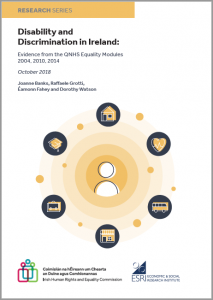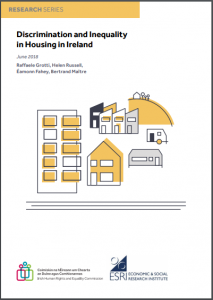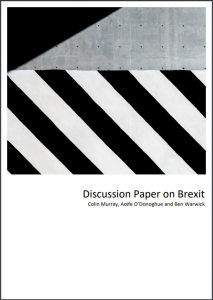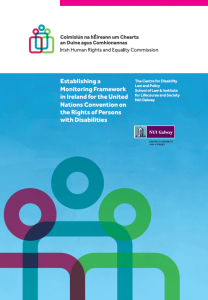Research Reports
The Irish Human Rights and Equality Commission’s core statutory role is to promote and protect human rights and equality in Ireland. As such, it is a strategic priority of the Commission, often working with specialists, to make contributions to the knowledge base necessary for better understanding of human rights and equality, and to challenge gaps in protections.
Among the functions set out in Section 10 of The Irish Human Rights and Equality Commission Act 2014, the Commission shall be able
“to undertake, sponsor, commission or provide financial or other assistance for research…” and “prepare and publish, in such manner as it sees fit, reports including reports on any research undertaken, sponsored, commissioned or assisted by it… .”
This sections sets out research reports.
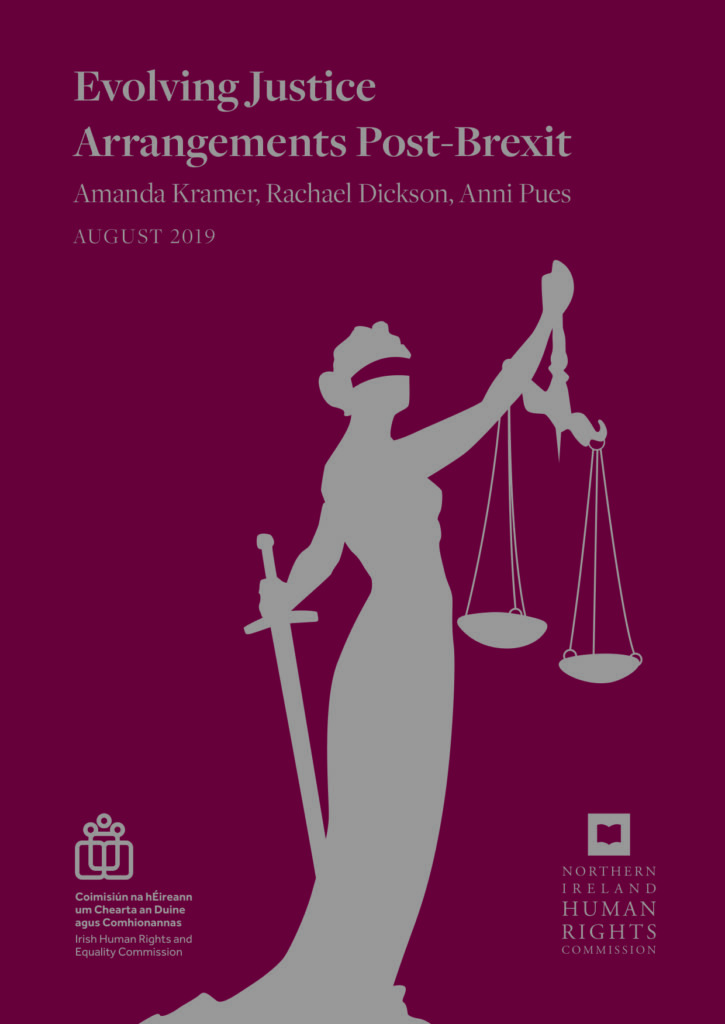 Evolving Justice Arrangements Post-Brexit
Evolving Justice Arrangements Post-Brexit
The research focuses on justice and security cooperation measures across five areas including the European Arrest Warrant (EAW), policing and prosecution cooperation, and data sharing tools such as the European Criminal Records Information System and Passenger Name Records. The report has a particular focus on the human rights implications of potential changes in justice arrangements.
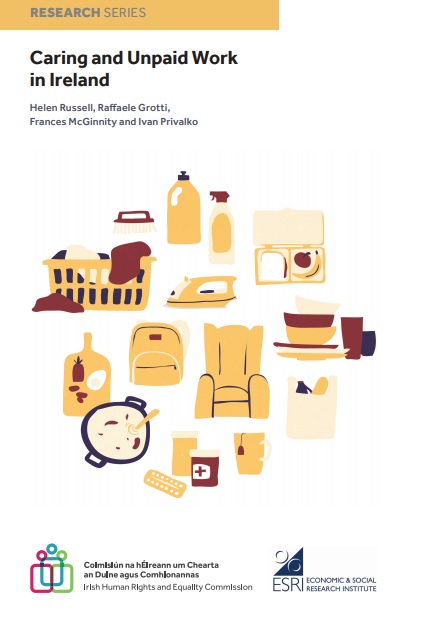
Caring and Unpaid Work in Ireland
This report examines Irish data collected over more than a decade to investigate involvement in unpaid work in the areas of childcare, care of older adults or those with a disability, and housework. It also looks at how people’s involvement has changed over time, and how Ireland compares to other EU Member States.
Disability and Discrimination in Ireland
This report provides a detailed account of the experience of discrimination for people with disabilities in Ireland. It examines the extent to which people with disabilities experience higher rates of discrimination across a range of life settings or domains compared to people without disabilities.
Discrimination and Inequality in Housing in Ireland
This report examines several different aspects of discrimination and inequality relating to housing: accessing housing; housing quality; and a profile of the homeless population. This report gives us a better understanding of access to housing in Ireland, who experiences problems in accessing suitable housing, and if any groups experience more problems than others.
This report examines the impact of the United Kingdom’s exit from the European Union (Brexit) upon human rights and equality issues. Brexit will significantly re-orientate both Northern Ireland’s established human rights structures and the inter-connected human rights’ infrastructure and relationships across Ireland and the UK. This paper was written by Colin Murray, Aoife O’Donoghue and Ben Warwick for the Irish Human Rights and Equality Commission and the Northern Ireland Human Rights Commission.
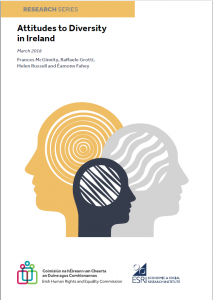 Attitudes to Diversity in Ireland
Attitudes to Diversity in Ireland
looks at Ireland’s increasing diversity and monitors attitudes for the period from 2002-2014. The results for Ireland are also compared with averages from ten other Western European states. t has found that the attitudes of Irish-born people to immigrants and immigration vary significantly over time, depending on the ethnicity of the migrants, on respondents’ education and financial security, and on the level of individual contact people have with those from different ethnic backgrounds.
Who experiences discrimination in Ireland? Evidence from the QNHS Equality Modules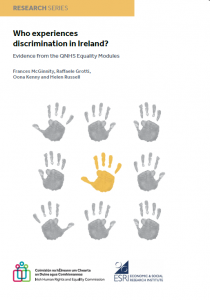
Who experiences discrimination? is the first in a series of pieces of research prepared for the Irish Human Rights and Equality Commission by the Economic and Social Research Institute (ESRI), as part of the Commission’s Research Programme on Human Rights and Equality.
Ireland and the Optional Protocol to the UN Convention against Torture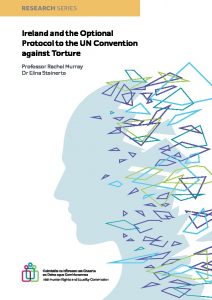
Ireland signed the Optional Protocol to the Convention Against Torture (OPCAT) on 2nd October 2007 but has yet to ratify this instrument. Ten years on, the Irish Human Rights and Equality Commission has commissioned research on OPCAT and Ireland, authored by Professor Rachel Murray, Director of the Human Rights Implementation Centre in Bristol Law School, and Dr. Elina Steinerte.
The UN Convention on the Rights of Persons with Disabilities (CRPD) contains an important innovation in Article 33, which requires states to establish national mechanisms to implement, to coordinate and to monitor progress in achieving the aims of the Convention.
Research Funded by the Commission’s Human Rights and Equality Grant Scheme
The Commission also supports research activities through its Human Rights and Equality Grant Scheme. To see the lists of projects awarded funding under this scheme, please see the following links:
